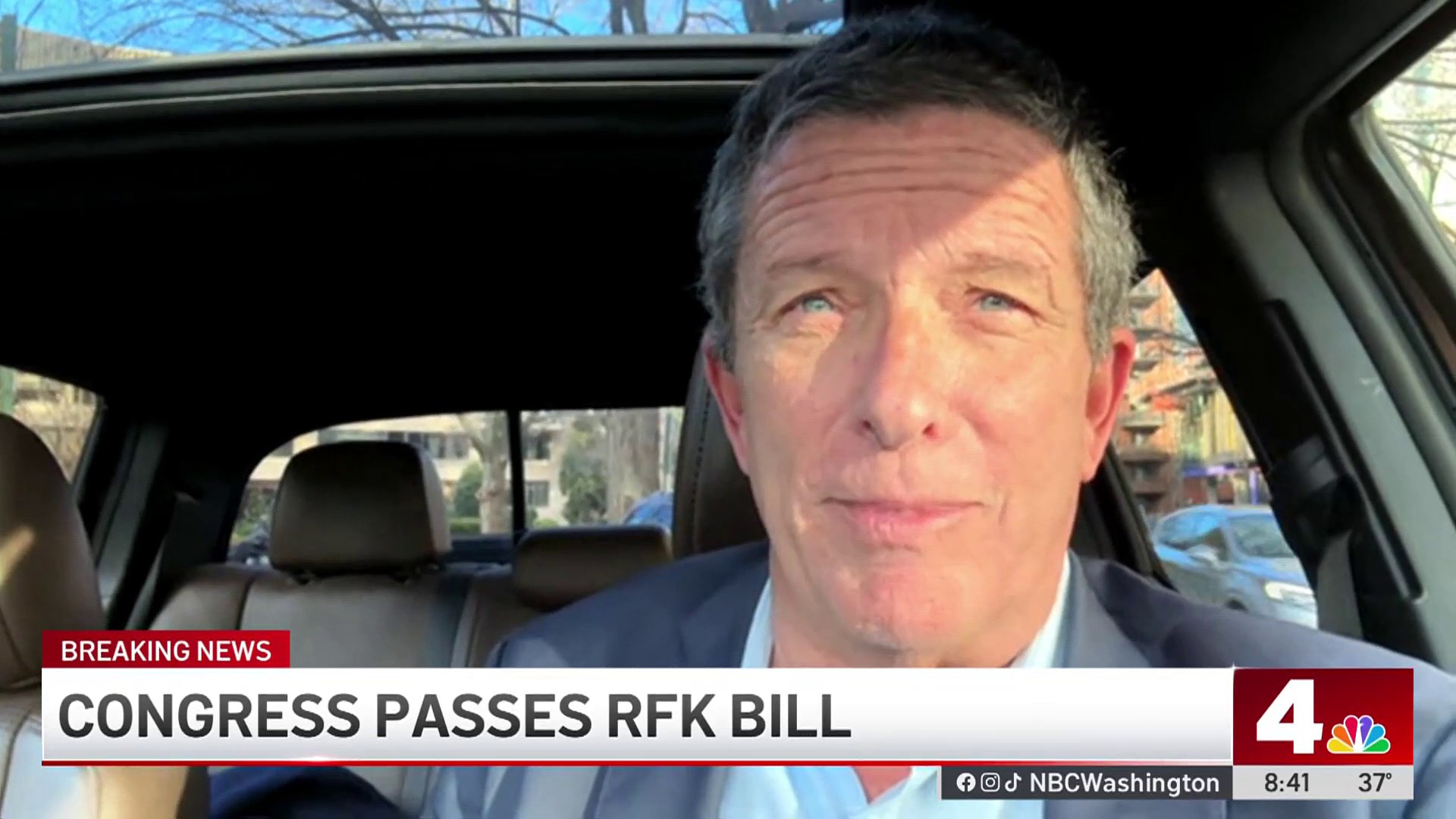The government opened an investigation of Ford Explorers last year, but News4 found complaints to Ford and the government going back years before any investigation became public, bringing into question just how long the manufacturer may have known about a potential safety defect.
The National Highway Traffic and Safety Administration opened its investigation into possible carbon monoxide leaks in Explorers from the years 2011 through 2015 in July 2016. A year later, NHTSA bumped its investigation up to what's called an engineering analysis. It now includes model years 2011 through 2017.
Many safety experts and consumer advocates want to know when Ford first started getting complaints.
“There's a few things about this that really disturb me,” said David Friedman, the former head of NHTSA who is now with Consumers Union, the policy and action division of Consumer Reports.
Friedman said not only has Ford known about possible exhaust or carbon monoxide leaks for years, but Ford also sent technical service bulletins to their dealers on how to fix it.
“That tells me they know something is wrong,” Friedman said.
A News4 consumer investigation found technical service bulletins (TSBs) from 2012, 2014 and 2016, including one from 2012 about exhaust odor in Explorer model years 2011 through 2013. It tells mechanics how to repair the leaks.
Local
Washington, D.C., Maryland and Virginia local news, events and information
Another from 2014 and including model years 2014 and 2015 also mention exhaust odor in the vehicle when the auxiliary climate control system is in use.
NHTSA also received complaints about Explorers. One from June 2011 said "the vehicle cabin is filled with exhaust fumes." Another from March 2011 said "my wife numerous times was having problem concentrating driving."
In all, there have been more than 2,700 complaints over six years, including three reported crashes and 41 injuries.
Many Explorer owners, including Susan Stazetski of White Plains, Maryland, are filing lawsuits against Ford, claiming their cars are making them sick.
“I'm still waking up every day with a migraine,” Stazetski said.
Stazetski's attorney, Jacqueline Herritt, said cases like hers could fall under the lemon law.
“This clearly falls within the parameters of the lemon law,” she said. “If people are driving around, inhaling this carbon monoxide, passing out, getting migraines, or all the things that are happening to them, obviously that's a serious safety defect.”
"Safety is our top priority," Ford told News4 in a statement. "We take these matters seriously. Ford engineers have been working with police departments and customers nationwide to address concerns, and are currently onsite in the Washington DC area working to inspect both vehicles. According to NHTSA, no substantive data or actual evidence has been obtained supporting a claim that any alleged injury or crash allegations have been the result of carbon monoxide poisoning. We encourage any driver with concerns to contact their Ford dealer or call our hotline at 888-260-5575."
NHTSA said it does not comment on open investigations.
NHTSA's preliminary investigation found no evidence to support claims that any of the injuries or crashes were the result of carbon monoxide poisoning, however it does say, "CO levels may be elevated in certain driving scenarios."
“If this is determined to be a safety defect, Ford will be on the hook for significant fines from NHTSA for failing to address this problem when they already knew about it,” Friedman said.
Several police departments nationwide, including Montgomery County, Maryland, have grounded their Ford Explorer fleets after several police officers reported being sickened from carbon monoxide leaking into their SUVs.



